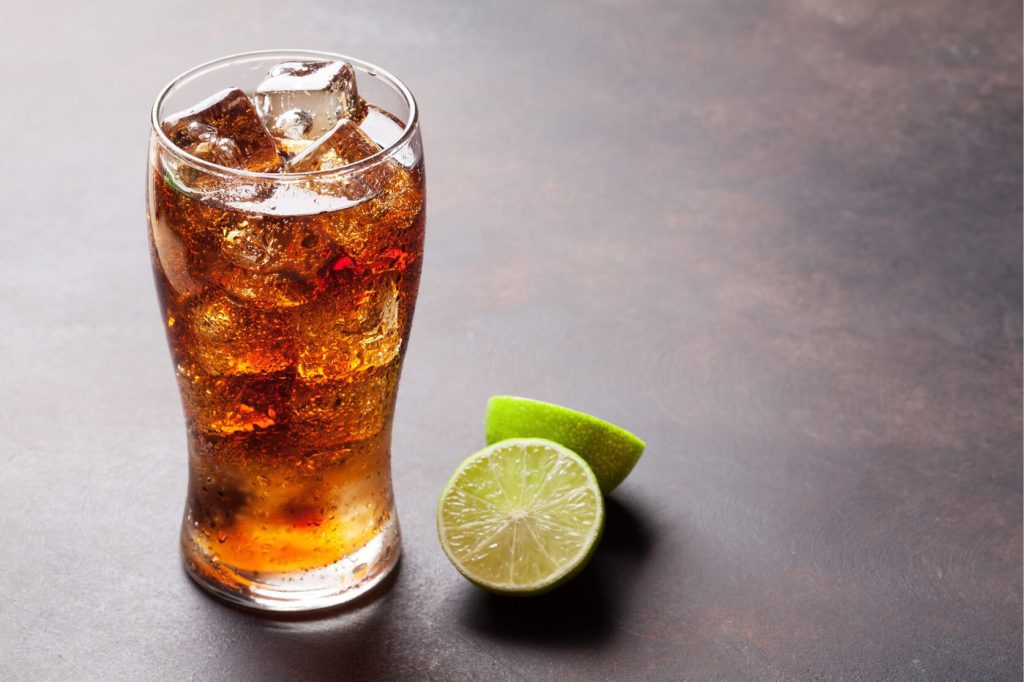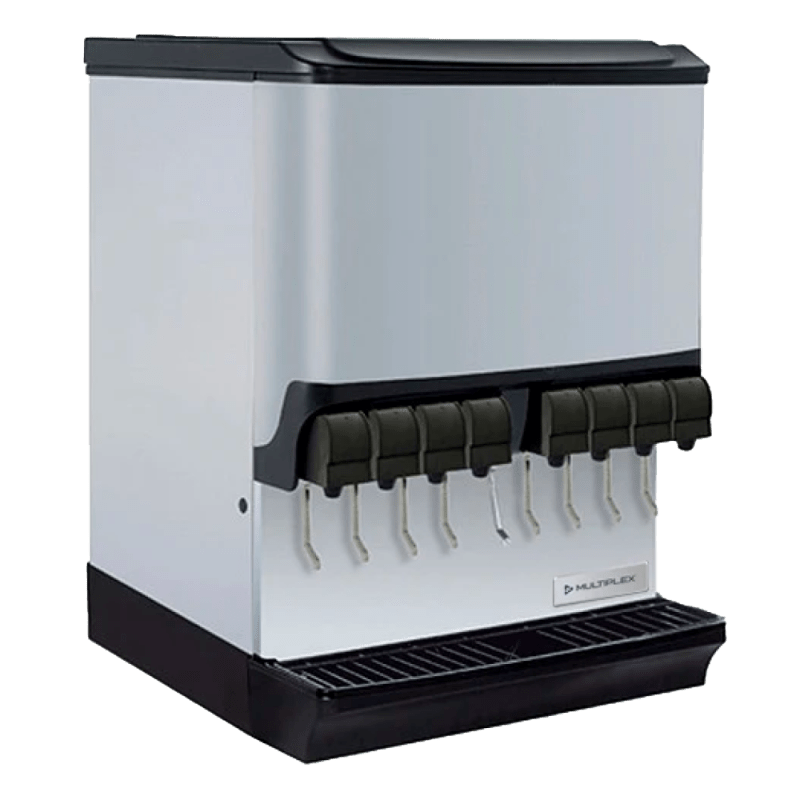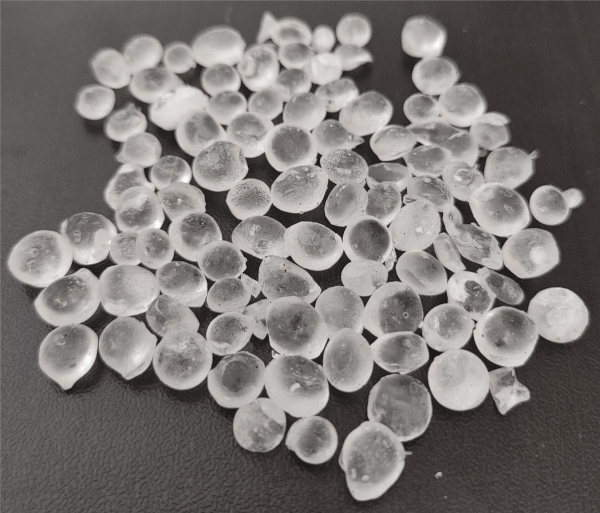This Summer Take 15% Off A Whole House Water Filtration System, or 10% Off Your Under-Counter Filtration System - Schedule Yours Today!
This Summer Take 15% Off A Whole House Water Filtration System, or 10% Off Your Under-Counter Filtration System - Schedule Yours Today!

A staggering 85% of the U.S. has hard water. Hard water is high in mineral content and largely made up of calcium, magnesium carbonates, bicarbonates, and sulfates.
These minerals when exposed to air or frozen turn white. That is why you see white film around your faucets, glasses, and in your ice cubes.
Polyphosphates have been used in commercial applications for over 60 years. Restaurants and convenience stores use polyphosphates to protect their expensive ice and soda machines.
Now – thanks to The Honest Water Filter’s innovative technology – these same polyphosphates are available to protect your expensive plumbing, fixtures and water-using appliances such as dishwashers, refrigerators and washing machines.

An All-Natural Alternative To Salt Softeners
In the continuing evolution of treating hard water in the homes of America, water treatment companies have looked for alternatives to traditional salt softeners for a variety of reasons.
First and foremost, traditional salt softeners need to be backwashed and consequently waste water. Second they use salt! That means buying and lifting heavy bags of salt on a regular basis.

Among other uses, a variety of polyphosphates find application in mineral sequestration in municipal waters.
The polyphosphates found in the Honest Water Filters are a naturally-mined, naturally-stable material from the Nevada desert. However, our polyphosphates have to have a very specific formulation and a very specific blend in order to function properly in our application to reduce scale.
Polyphosphates have been used for over 100 years. They were primarily used in water distribution systems, mainly for scale control and to protect the water distribution system from corrosion and ultimately failure.
In the last 50 years or so, polyphosphates have been mainly used in the food service industry for scale control and to make sure food service machines (such as expensive ice makers) are well maintained and operable.
Scale is a big issue here in the United States. Scale is the result of high levels of naturally occurring calcium and magnesium in our water. Scale can corrode and destroy kitchen and bathroom faucets, toilets, shower heads, water heaters (both tank and tankless), dishwashers, washing machines and any water-using appliance.

Polyphosphates sequester hard water minerals so they cannot attach and corrode copper pipes, bathroom fixtures and water-using appliances. As the initial “slug” of polyphosphates enters your plumbing, it leaves a coating of protection against aggressive municipal water. Think of them as cholesterol medication for your plumbing!
Yes, they are. In fact, our polyphosphates are food-grade and FDA-approved. They are tasteless and odorless. You will not see, taste or smell polyphosphates. The only think you will notice is clean, great-tasting water for drinking, coffee, tea, etc.